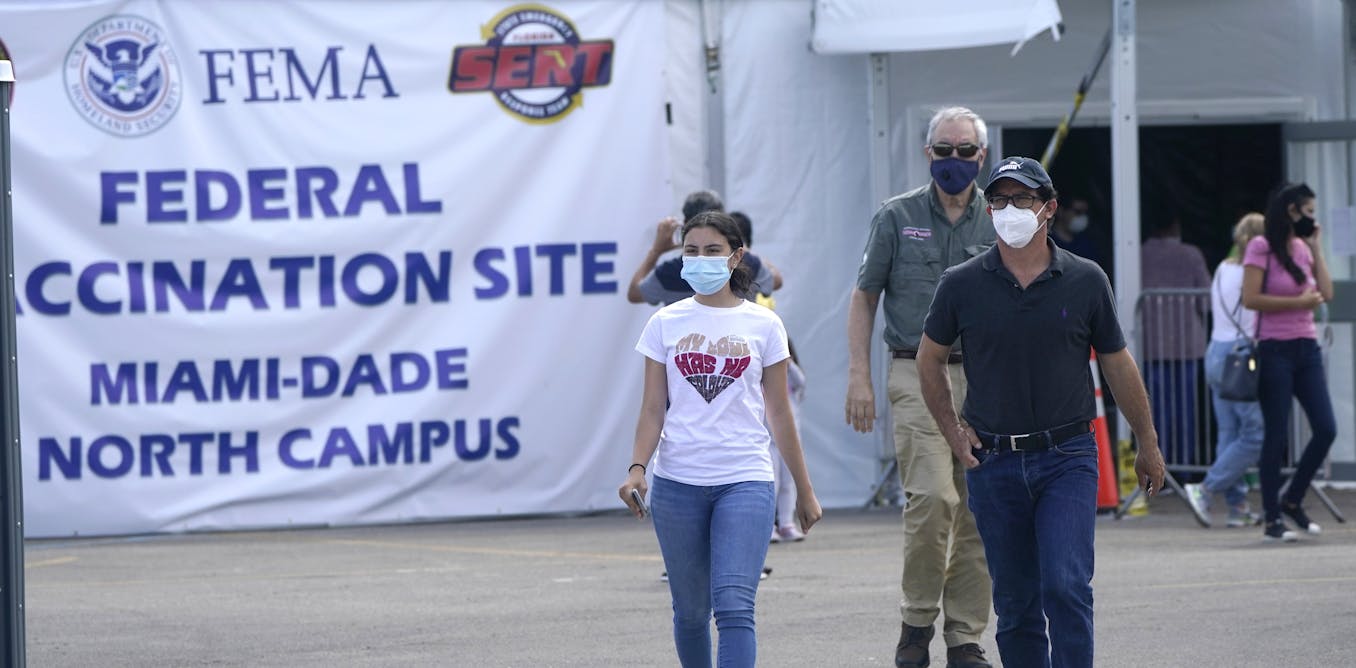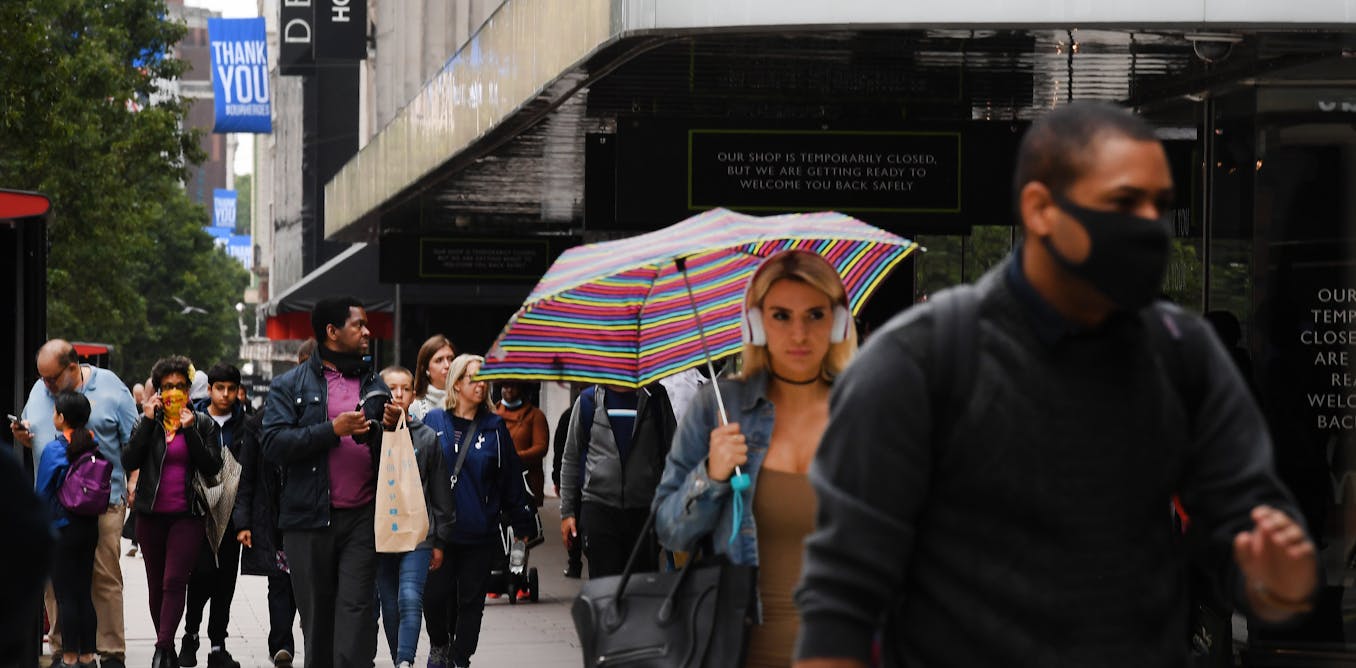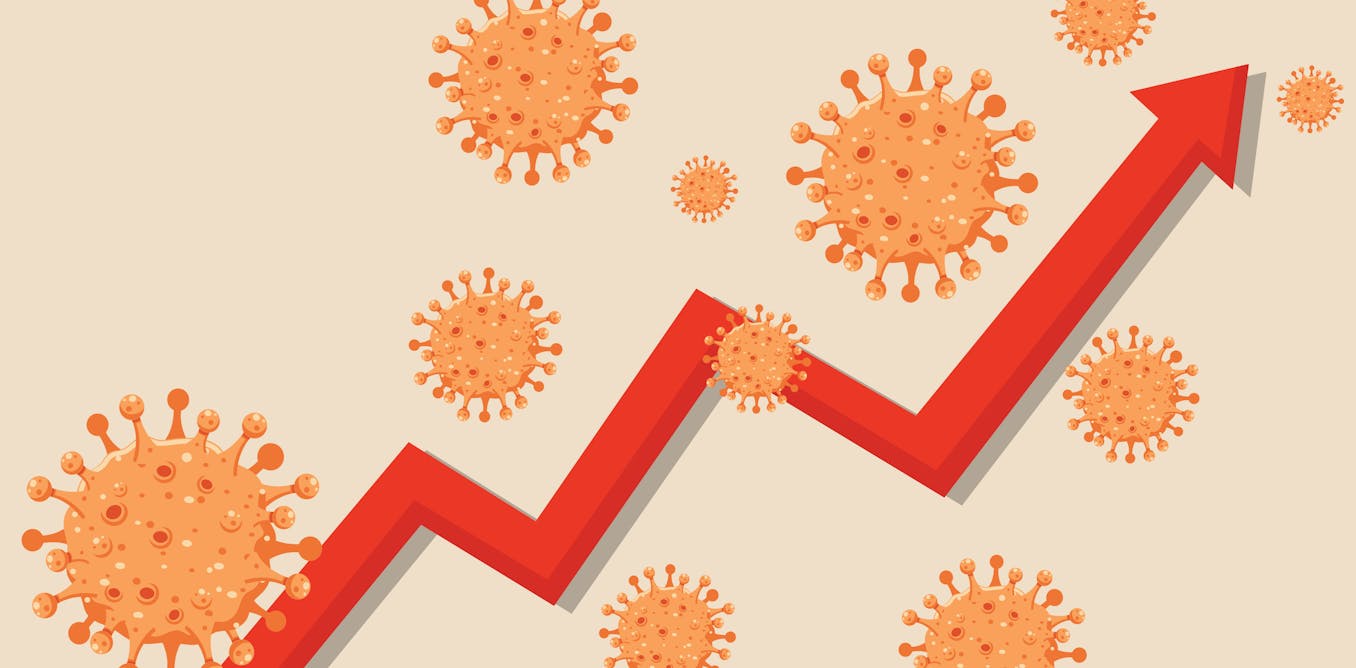US vaccine rollout was close to optimal at reducing deaths and infections, according to a model comparing 17.5 million alternative approaches
With limited vaccines available in early 2021, the CDC had to decide which people received vaccines first. With the help of a supercomputer, researchers have shown that the CDC did an excellent job.
Nov. 17, 2021 • ~5 min





